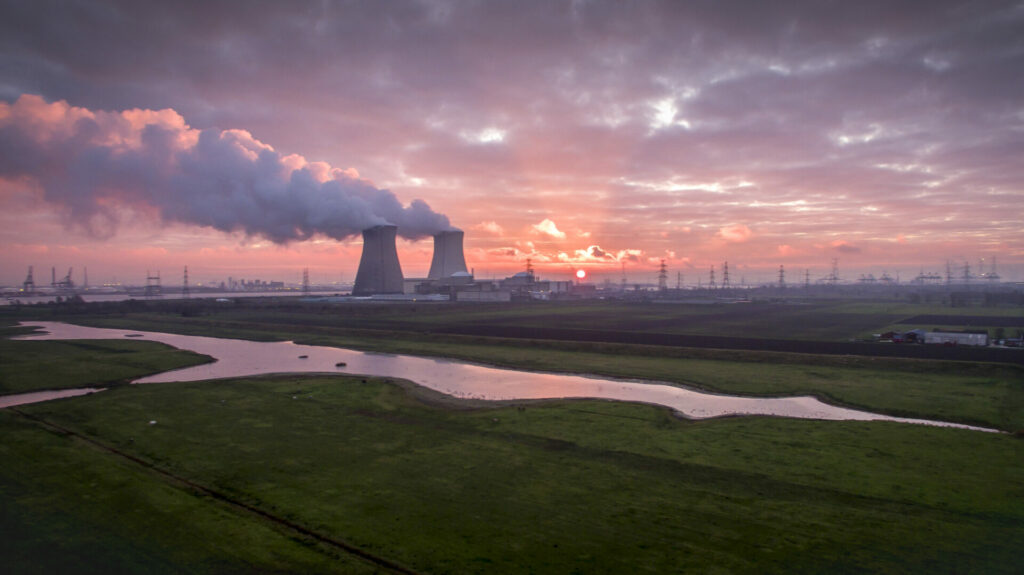Last week, Engie and the Federal Government concluded lengthy negotiations to extend the operation of the Doel 4 and Tihange 3 nuclear reactors for ten years starting from November 2025, with the condition of implementing relaxed regulations.
But whilst Belgium's Reformist Party (MR) breathed a sigh of relief, MP Marie-Christine Marghem argued that this must be just the " first step in the right direction", asserting that Belgium's other reactors must also be kept running and that proposals to store excess electricity in battery parks will not meet the national power demand.
The MP has long pointed to a study by Elia, Belgium’s electrical transmission system operator, which indicates that the country will face a shortage of 2.9 GW by 2029 – 3 GW more than the current supply. Speaking on RTBF radio, she laid out the pro-nuclear position of her party: "This will be our guiding principle in future government negotiations, as it already aligns with the bills I presented in March 2022, September 2022, and again in May 2023. Extending our entire nuclear fleet is essential to pave the way for new nuclear units in Belgium.”
“These facilities, along with supporting infrastructure, will enable us to generate a significant amount of low-carbon and affordable electricity, ensuring resilience against market fluctuations, geopolitical uncertainties, the ongoing Russian-Ukrainian conflict, and Europe's isolation."
Related News
- Watt an increase: Engie raises profit forecast by €1.3 billion
- Belgium plans to invest €23 billion from nuclear extension
At present, extending the nuclear power supply is the only viable option to meet Belgium's increasing energy demands. While the country has experienced a reduction in consumption due to rising prices in 2022, she believes that these prices will not remain high indefinitely.
The representative foresees a surge in Belgian investments in electric cars and heat pumps, adding that even within the next four to five years, batteries will not possess the capacity to store gigawatts of electricity, only a few megawatts. The proposed energy island in the North Sea by 2026 will not serve as a miraculous solution. Marghem told RTBF: "The challenge lies in the fact that wind and solar power are natural yet intermittent sources. We need a reliable base."

